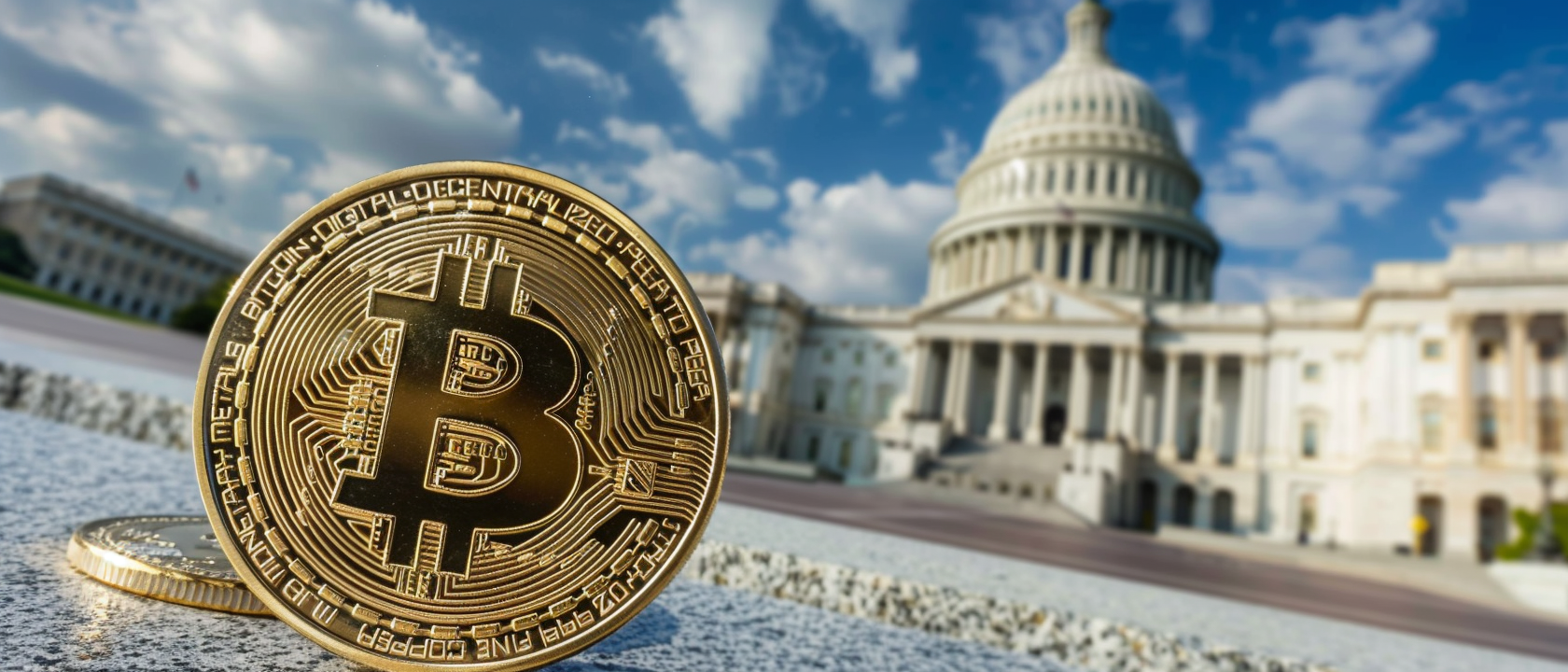

The P2P Rights Fund launches to defend non-custodial Bitcoin developers, starting with the case involving Samourai Wallet's founders.
The Peer-to-Peer (P2P) Rights Fund has been announced, with a mission to defend non-custodial tools and developers against regulatory overreach. David Zell, co-founder of the Bitcoin Policy Institute, declared the fund's establishment, emphasizing its role in preserving the peer-to-peer integrity of Bitcoin.
The P2P Rights Fund aims to support various legal efforts, including subsidizing defense counsel, sponsoring amicus briefs in pivotal cases, and financing affirmative impact litigation to set favorable legal precedents. Additionally, the fund plans to offer free or subsidized regulatory advice to developers working on non-custodial Bitcoin tools.
The initiative is in direct response to recent legal actions that have raised concerns within the Bitcoin community. Developers of non-custodial tools, such as hardware wallet creators and transaction node operators, are increasingly being treated as financial institutions, which is seen as a fundamental misunderstanding of the technology by the government. The broad interpretation of the Bank Secrecy Act, which could impact miners and other participants in the Bitcoin network, has also been criticized.
The P2P Rights Fund's first project involves the defense of Keonne Rodriguez and William Lonergan Hill, the founders of Samourai Wallet, who have been indicted on charges of conspiracy to commit money laundering and operating an unlicensed money services business. The prosecution's classification of Samourai's non-custodial coinjoin tool as a money service business is a threat that could set a harmful precedent for the entire Bitcoin ecosystem.
Zell pointed out the critical importance of this case, stating, "By defending this case, the fund aims to ensure the court understands the technology and legal principles at stake, and seek a favorable result establishing that non-custodial privacy tools cannot be regulated under the Bank Secrecy Act."
The outcome of Rodriguez and Hill's case is anticipated to have significant implications for the future of non-custodial Bitcoin tools and the broader decentralized finance landscape. The P2P Rights Fund's involvement underscores its commitment to upholding the principles of decentralization, user autonomy, and privacy, with the goal of fostering innovation within a fair and just legal framework.
The establishment of the fund has been met with calls for support from the community, with the P2P Rights Fund website detailing its mission and the importance of maintaining Bitcoin's peer-to-peer transactions free from inappropriate regulation.